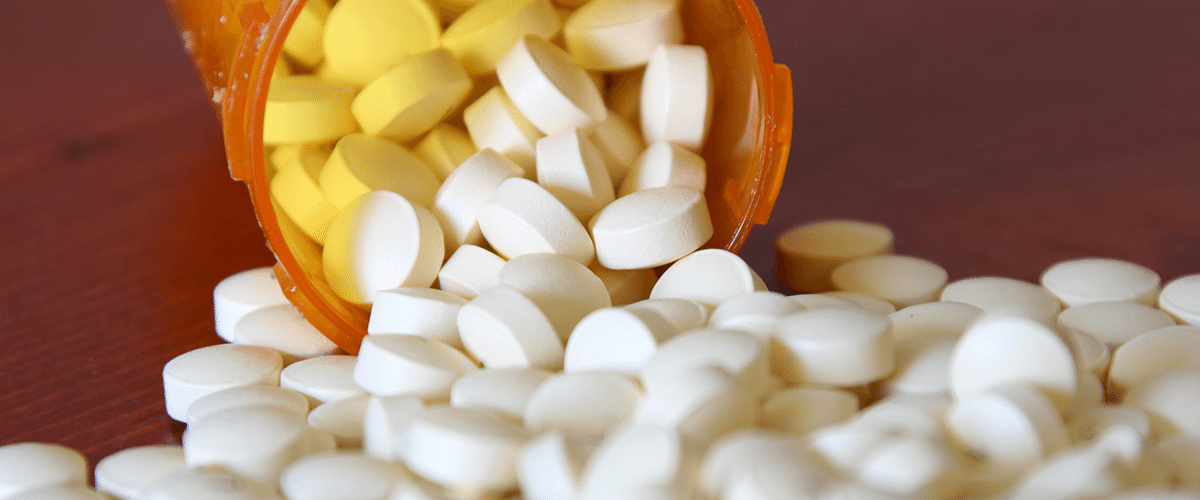[vc_row][vc_column][vc_column_text]
A new survey indicates that allowing NFL players to use cannabis would reduce their intake of addictive, dangerous painkillers.
Players in the National Football League (NFL) believe that their use of chemical painkillers would be reduced if marijuana were to be removed from the league’s banned substances list, according to a new survey conducted by ESPN. Sixty-one percent of the 226 players surveyed by ESPN.com’s NFL Nation and ESPN The Magazine claim that permitting the use of marijuana would allow players to effectively manage their pain without taking as many addictive painkiller medications.
NFL players regularly receive painkiller injections to endure the severe pain associated with participating in high-impact American football league. The most commonly used chemical painkiller used by athletes is Toradol, a nonsteroidal anti-inflammatory drug (NSAID) that reduces pain by preventing inflammation. The drug was originally intended for short-term treatment of severe pain because of its significant side effects, which include renal failure, hypertension, kidney damage, peptic ulcers, and gastrointestinal bleeding. In the past, NFL players sued the NFL for the administering of Toradol, claiming that the substance increased their risk of high-risk injuries like concussions and led to depression, anxiety, insomnia, and memory loss.
The ESPN survey found that nearly 60 percent of players are worried about the long-term effects of chemical painkillers, while 42 percent believe they have had at least one teammate become addicted to the substance. Forty-one percent of surveyed players believe that marijuana, which has fewer side effects than painkillers like Toradol and opioids, controls pain more effectively.
Other studies have shown that access to cannabis reduces the intake of opioids in chronic pain patients. Research also indicates that cannabidiol (CBD), a natural compound found in cannabis, helps treat concussions and reduces traumatic brain injuries and minimizes the brain damage caused by repeated hits to the head during competition. The United States Government National Institutes of Health has a patent entitled “Cannabinoids as antixoidants and neuroprotectants,” which documents how CBD can protect against concussion-related brain diseases and other neurodegenerative disorders.[/vc_column_text][/vc_column][/vc_row][vc_row][vc_column][vc_single_image image=”17843″ img_size=”1200×250″ onclick=”custom_link” link=”https://www.medicalmarijuanainc.com/medical-marijuana-can-curb-opioid-use-study-indicates/”][/vc_column][/vc_row][vc_row][vc_column][vc_column_text]A study involving 30 former NFL players that will examine cannabis’s effects on pain and the symptoms associated with concussions is currently underway. Over the past year, current and former players have advocated for the removal of cannabis from the league’s list of banned substances and recently the league has made moves suggesting they’re possibly open to the idea. League officials have reached out to researchers in an effort to investigate whether marijuana is a safer pain reliever than chemical painkillers and opioids.
Following last week’s election, eight states have passed laws legalizing the recreational use of marijuana and 28 allow marijuana for medical purposes. NFL players, however, are prohibited from using cannabis no matter their state and are left with managing their pain in unsafe ways. According to the ESPN survey, 64 percent of respondents said they had received an injection of Toradol or another painkiller. A 2002 study found that 93 percent of players on 28 of 30 teams were using the drug weekly on game days.
“It’s legal where I live,” one of the participating players told ESPN in regards to marijuana, “but not where I work.”
Despite the risk of suspension, NFL players are still consuming cannabis for its therapeutic properties. Earlier this year, former running back Ricky Williams told Sports Illustrated that as many as 70 percent of NFL players smoke marijuana, regardless of the league’s ban.
A majority of players told ESPN that the NFL drug tests are not hard to beat. Players that have not been caught in violation are subjected to just one test per year, scheduled sometime between April 20 and August 9, during the league’s offseason.
Read more about the medical effects of marijuana on our education page. [/vc_column_text][/vc_column][/vc_row]






